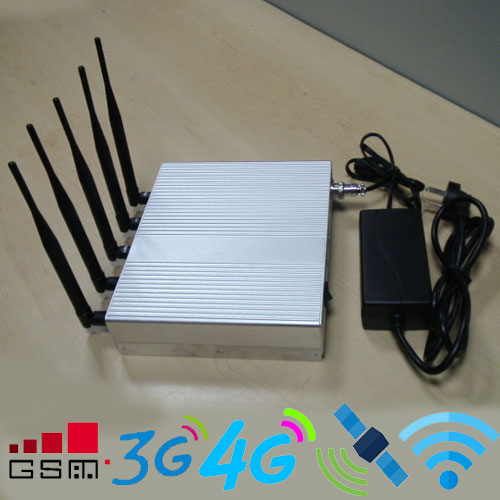Mass users and fragmented internet habits make public WiFi a mandatory requirement in the mobile age. Thanks to this feature, the WiFi Universal Key, which provides a free network service, has been introduced with 900 million users for four years. Google and Facebook have launched similar services in several regions.
In recent years, however, the media have repeatedly reported theft of user accounts caused by the use of public WiFi. The public has had tremendous concerns about the security of the public WiFi: whether the public WiFi is being used, it can lead to the disclosure of personal information and even damage to property?
How did your personal data come out? Maybe you drink coffee, use free wifi and then personal information is stolen. In recent years, free public WiFi has become a hidden danger for citizens to divulge personal information and compromise network security. Therefore, WLAN management in public places has come into focus. Corresponding countermeasures are also currently being investigated.
Hackers set a camouflage WLAN, a parasite highlight of the signal is very strong, can suppress the coverage of the normal radio signal, set up a cell phone and network dialog between the listening level in the users and the operation of the first one, which passes on your disguise WLAN then , in the WLAN network, your personal data is in a state without data protection. This means that everything you do on your phone can be viewed.

How does the hacker transfer your money over WiFi?
Step 1: The hackers set up free WiFi to allow the victim to access the mobile phone.
Step 2: When disguising the website, write down the password of the victim's login to the phishing website, as well as personal information.
Step 3: steal user information and steal the victim's bank card number password.
Step 4: Install victim mobile trojan virus and block user SMS.
Step 5: Use trojan virus to steal cell phone payment verification code and complete the theft.
How do you protect your network security?
First of all, do not connect the unknown wireless network, online shopping, payment and other sensitive operations. It is recommended not to use public WiFi.
Second, the cell phone, computer and other electronic products to kill viruses, install security software, and change the password frequently to maintain security.
Third, using a wifi jammer can effectively avoid automatic access to unknown WIFI, which can prevent your smart device from being attacked.
Fourth, the person's confidential information must be properly kept, not in emails, chat tools, and other places where account password information is disclosed. Different websites and systems suggest using different accounts or passwords.




